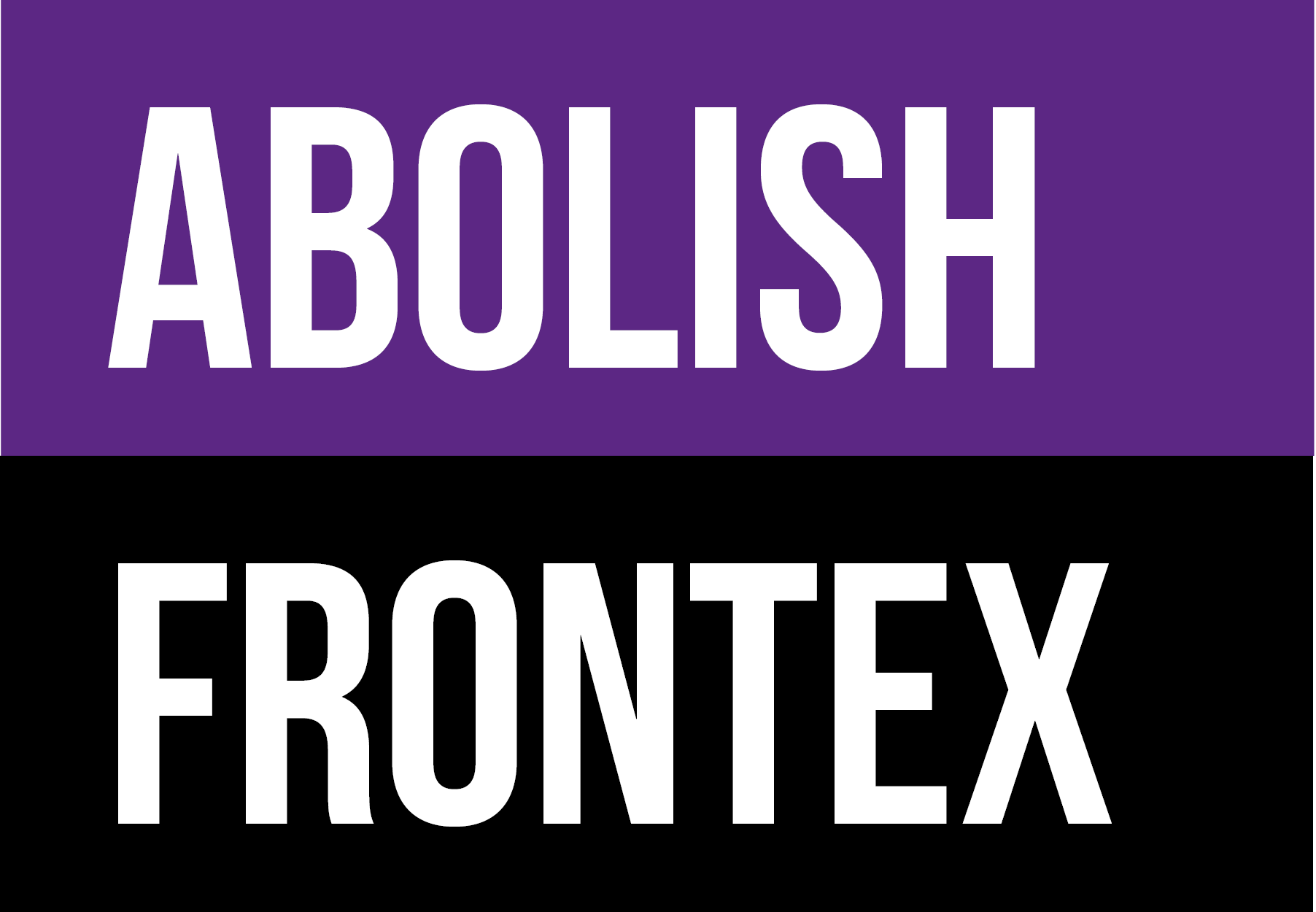What we’re calling for:
- Stop and ban all deportations
- Stop deportation cooperation with countries outside the EU: cancel working arrangements and all other readmission agreements of Frontex, the EU and its member states. Stop ‘presenting’ migrants at embassies to get travel documents and stop inviting representatives of other countries to come and identify people on the move
- Stop the forced returns. With the new European pact on migration, countries can ‘buy themselves out’ of accepting migrants through forced returns
- Family reunification for everyone separated by detention and deportation
- End all “voluntary return schemes” which have been used for forced deportations under a different name – either through intimidation, threat of arrest or detention, and/or bribing people with the (often not fulfilled) promise of support for building a life in the country of origin. Find other ways to support people who really want to return voluntarily to their country of origin
Context
All EU member states deport migrants that are not allowed to stay in the country, usually by putting a few people at a time on regular flights or through specific charter deportation flights. This is often preceded by a period of detention (see “End detention”). Deporting means returning people to situations they have fled from – which have usually involved war, repression, human rights violations, violence, hunger or poverty among other reasons. There have been many cases of deported people then being detained, tortured and murdered.
Frontex plays an increasingly important role in deportations from EU countries by:
- assisting EU member states in national or joint (from several countries) deportation flights;
- initiating deportations – including chartering aircraft, for which private aircraft providers are contracted;
- assisting with so-called ‘voluntary returns’.
Frontex also supports EU countries’ return-related activities including assisting with information exchange and deploying pools of ‘return experts’ to member states. A first ‘Standing Corps Return Team’ was deployed to Rome Fiumicino Airport in January 2021.
Countries are only able to deport people if the country they are being deported to admits them. For this, the EU and/or its member states have concluded “Readmission Agreements” with third countries. Frontex has its own working arrangements with several countries outside the EU, including agreements on returns. In certain cases those include the possibility of ‘collecting return operations’, for which the non-EU country of destination provides aircraft and escorting officers. These arrangements have led to many deportations to conflict regions and human rights-violating regimes, where people have been arrested, detained, tortured and murdered upon return.
People often need to get valid travel documents of their country of origin (or of another state willing to take them in), before a deportation is possible. EU countries have invited representatives of third countries, such as security forces of Sudan, to identify people as their nationals, to this end. This has endangered people even more, especially those who are political opponents of authoritarian regimes, people discriminated against, and people in other vulnerable positions, as they are essentially handed over to a regime that is bound to arrest and repress them.
“Voluntary return”: deportation under another name
The concept of “voluntary return” has been developed as opposed to forced returns (deportations). The International Organisation for Migration (IOM) has been pushing this concept and is involved in many projects framed as such, including ones funded by the EU and/or member states. The degree of ‘voluntariness’ can very often be doubted. Authorities – sometimes supported by NGOs/migrant assistance organisations – push people on the move to accept ‘voluntary returns’ as their only option by presenting detention and deportation as the alternative and/or bribing people with the (often not fulfilled) promise of support for building a life in the country of origin. Of course, people who do want to return to their country of origin might need and should be given support to do so, but this has to be taken out of the context of the current so-called “voluntary return” schemes.
Research and ressources
- Deportation Union: a report by Statewatch which provides a critical examination of EU measures designed to increase the number of deportations carried out by national authorities and the European Border and Coast Guard Agency, Frontex.
